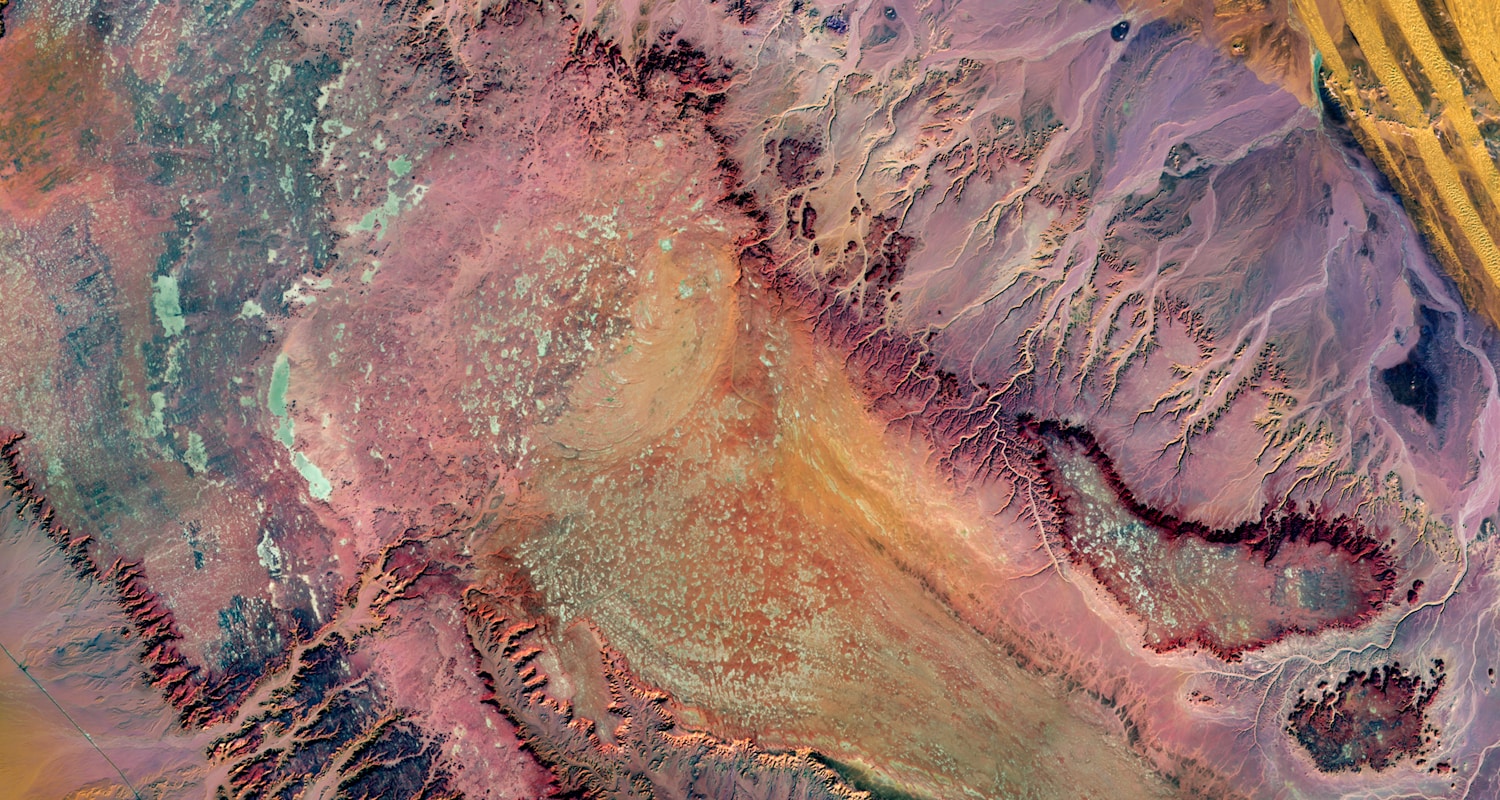Ph.D. In Geography: Everything You Need To Know

What is a Ph.D. in Geography?
A Ph.D. in Geography is a doctorate-level degree that focuses on the study of the Earth’s surface, including its physical and human features. This type of degree program typically covers a wide range of topics, including physical geography, human geography, and environmental science. Students in a Ph.D. in Geography program typically take advanced coursework in geographic theory, methods, and research, and also complete a dissertation, which is a significant independent research project that represents original contributions to the field of geography. Upon completion of the program, graduates are well-prepared for academic and research careers in geography, as well as in related fields such as environmental studies, urban planning, and geographic information science.
What does a Ph.D. in Geography focus on?
A Ph.D. in Geography typically focuses on advanced study in the field of geography, which is the study of the Earth’s surface and its physical and human features. The program often covers a wide range of topics, including physical geography (such as geomorphology, climatology, biogeography, and hydrology), human geography (such as cultural geography, economic geography, urban geography, and political geography), and environmental science. Students in a Ph.D. in Geography program typically take advanced coursework in geographic theory, methods, and research, and also complete a dissertation, which is a significant independent research project that represents original contributions to the field of geography.
The program usually emphasizes on empirical research and the scientific method, students learn to use both qualitative and quantitative research methods to study the interactions between human and physical systems, and how they shape the earth. The course work and research also focus on the use of GIS, data analysis, spatial statistics, and modeling of various processes.
What are the requirements for a Ph.D. in Geography?
The requirements for a Ph.D. in Geography can vary depending on the institution and specific program, but generally include the following:
- A bachelor’s or master’s degree in geography or a related field, such as environmental science, urban planning, or earth science, from an accredited university. Some programs may also require a minimum GPA.
- Prerequisite coursework in geography and related fields. This may include coursework in physical geography, human geography, research methods, statistics, and geographic information science.
- Standardized test scores, such as the Graduate Record Examination (GRE).
- A statement of purpose outlining the student’s research interests and career goals, as well as their qualifications for the program.
- Letters of recommendation from professors or other academic references.
- A writing sample, such as a research paper or thesis, demonstrating the student’s ability to conduct scholarly research.
What is the typical duration of a Ph.D. in Geography?
The annual tuition fees for Ph.D. programs in Geography can vary widely depending on the institution and the country where the program is located. In the United States, for example, tuition fees for Ph.D. programs in Geography can range from around $10,000 to $40,000 or more per year for in-state students at public universities, and from $20,000 to $60,000 or more per year for out-of-state students and private institutions. These are just estimates, actual fee vary considerably based on the University, location and other factors.
In other countries the cost of a Ph.D. in Geography can vary significantly, in some countries the programs can be fully funded by the government or by the university and there might be no tuition fees at all.
Why is it a good idea to pursue a Ph.D. in Geography?
Pursuing a Ph.D. in Geography is a good idea for several reasons:
- Career opportunities: Graduates with a Ph.D. in Geography are well-prepared for academic and research careers in geography and related fields, such as environmental studies, urban planning, and geographic information science. They may also be well-suited for roles in government agencies, non-governmental organizations, and private sector companies that focus on issues related to the environment, sustainability, and resource management.
- Research skills: A Ph.D. in Geography provides students with advanced training in geographic theory, methods, and research. Students learn to use both qualitative and quantitative research methods to study the interactions between human and physical systems, and how they shape the earth. They also gain expertise in areas such as geographic information science (GIS), data analysis, spatial statistics, and modeling.
- Contribution to the field: A Ph.D. program allows students to contribute original research that advances the field of geography and help address critical issues facing society.
- Professional Development: A Ph.D. program also offers opportunities for professional development. Students can gain experience teaching and mentoring undergraduate students, participating in research collaborations, and engaging in professional development activities.
- Critical thinking: Ph.D. programs in geography help students develop critical thinking, analytical, and problem-solving skills, which are valuable for any career.
It’s important to note that a Ph.D. is not for everyone and it can be a lot of hard work, but for those interested in geography, environmental science, or related field, a Ph.D. is a great way to deepen their understanding of the subject and gain specialized skills.
What are the best universities for pursuing a Ph.D. in Geography?
The best universities for pursuing a Ph.D. in Geography can vary depending on factors such as the student’s research interests, location, and funding opportunities. However, some universities that have strong programs in geography and are highly respected in the field include:
- University of California, Berkeley
- University of Oxford
- University of Cambridge
- University of Wisconsin-Madison
- University of Colorado Boulder
- University of British Columbia
- University of Utah
- University of Arizona
- University College London
- Clark University
This list is not exhaustive and there are many other universities worldwide that have strong programs in geography. It is always a good idea to research different programs to find the one that best aligns with your research interests and career goals. Also, finding a supervisor who has research interests that align with yours will be a critical aspect of your Ph.D. journey.
Learn more about OA.mg and our mission.










